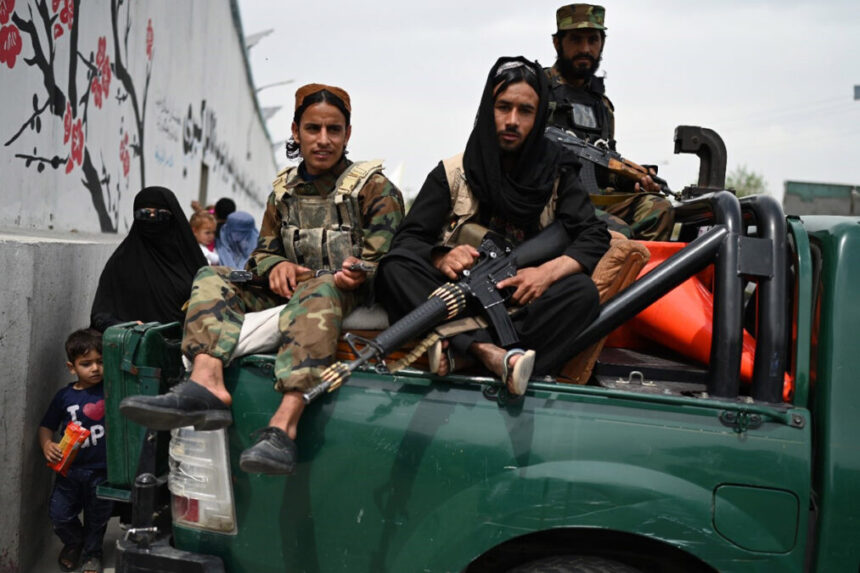RASC News Agency: Local sources from Herat Province in western Afghanistan report that, in addition to attacks by the Resistance and Freedom Front, ISIS has also commenced sporadic assaults on Taliban forces. A source, speaking on condition of anonymity, informed RASC News Agency on Sunday, May 26th, that ISIS has emerged as a more significant threat to the Taliban in various parts of Herat city and its districts, causing considerable concern among Taliban leaders.
The source stated that despite Taliban officials claiming that ISIS does not exist in Afghanistan, this assertion is merely propaganda. According to the source, as long as the Taliban remain in Afghanistan, ISIS and other popular fronts will continue their efforts to eradicate the Taliban’s criminal presence. The source suggested that the primary reasons for these widespread attacks and resentment against the Taliban are ethnic favoritism, injustice, and the monopolization of power in Afghanistan.
Other sources in western Afghanistan, also speaking anonymously, told RASC News Agency that the Taliban cannot single-handedly combat military groups like ISIS and the popular fronts and survive. The source indicated that the attacks by ISIS and other groups have reduced the number of Taliban forces, with members leaving the group daily.
Based on the source’s information, the number of Taliban fighters in western Afghanistan has significantly decreased compared to two years ago. Amir Haidari, a civil activist in western Afghanistan, told RASC News Agency that the Taliban’s days in Afghanistan are numbered. He asserted that the Taliban no longer have the capability to confront the Afghanistani people and will never again be able to dictate the nation’s future.
He added that, despite the Taliban’s efforts to endear themselves to the populace, the people are not deceived by their populist tactics and do not trust the group’s inherent nature. Haidari further emphasized that the Taliban’s daily atrocities, especially against Afghanistani women, have drawn global condemnation. It is important to note that the main reasons for the defection of Taliban forces are extreme ethnic favoritism, prejudice, and power struggles.
Recently, Abdul Hamid Khorasani, the commander of the Taliban’s Badri Battalion from the Tajik ethnic group in Panjshir, defected due to ethnic and linguistic biases within the group. Khorasani had previously arrested, tortured, and killed dozens of Panjshir natives to gain favor with certain factions within the Taliban.






